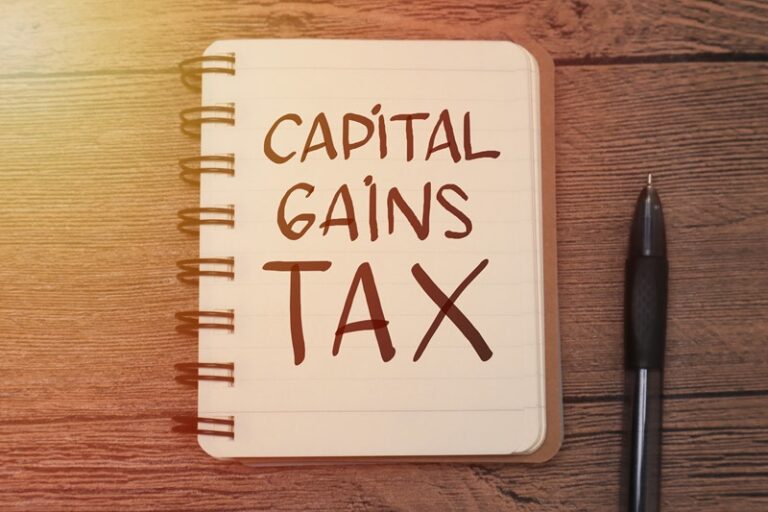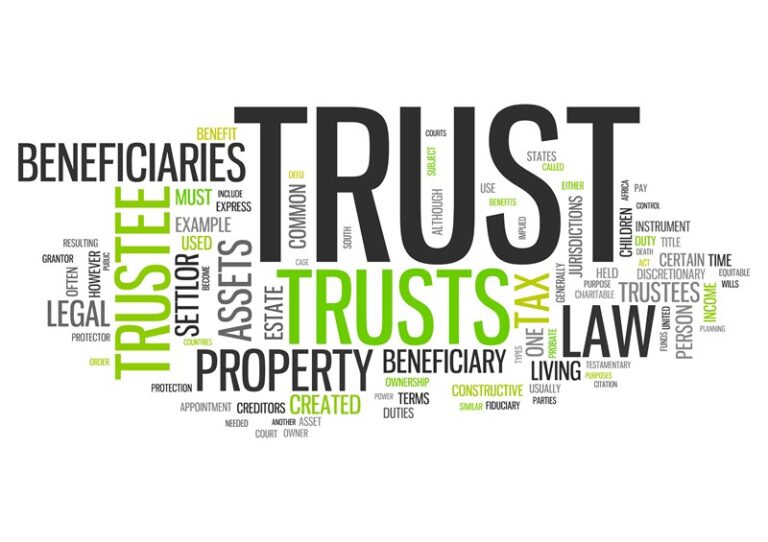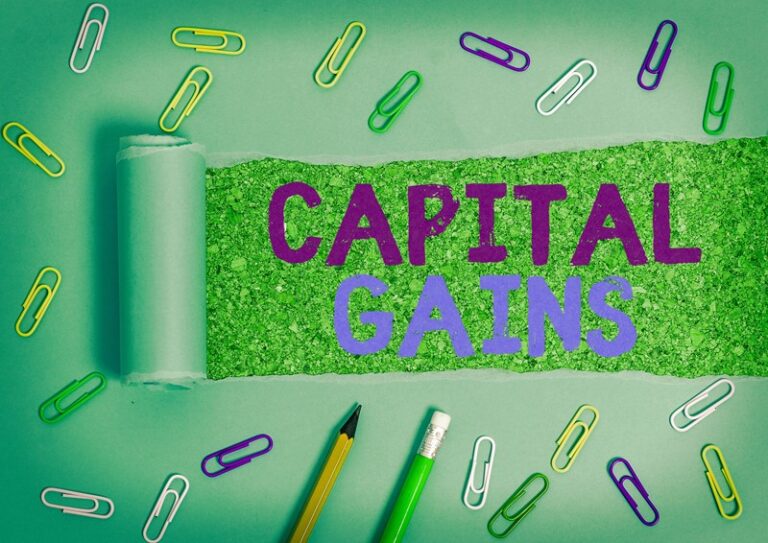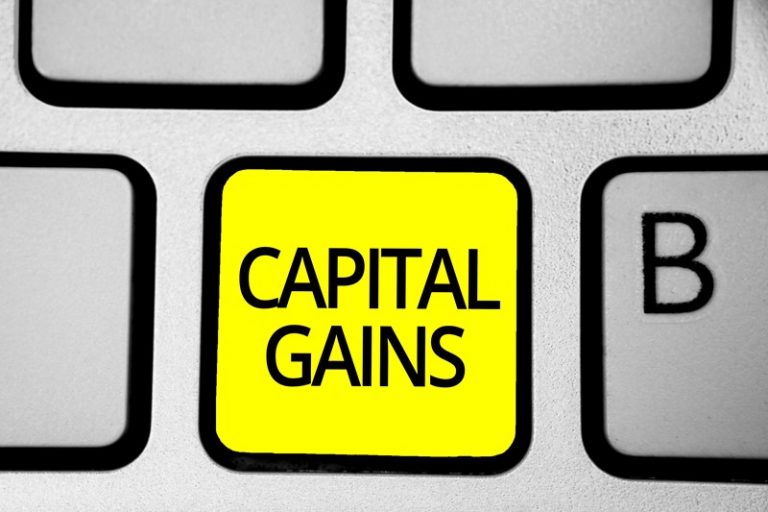Tax when you sell shares
Capital Gains Tax (CGT) is normally charged at a simple flat rate of 20% when you sell shares unless they are in a CGT free investment such as an ISA or qualifying pension.
If you only pay basic

Capital Gains Tax (CGT) is normally charged at a simple flat rate of 20% when you sell shares unless they are in a CGT free investment such as an ISA or qualifying pension.
If you only pay basic

A Post Transaction Valuation Check (PTVC) can be requested from HMRC for an individual to work out a Capital Gains Tax liability or for companies to calculate Corporation Tax liability on chargeable

The annual exempt amount applicable to Capital Gains Tax (CGT) is to be more than halved from April 2023. This means that the exempt amount will be reduced from £12,300 to £6,000 from April 2023

A Post Transaction Valuation Check (PTVC) can be requested from HMRC for an individual to work out a Capital Gains Tax liability or for companies to calculate Corporation Tax liability on chargeable

HMRC’s internal manuals states that the word `trust’ describes a relationship between certain persons
which is recognised by the law;
concerned with particular property; and
enforceable by

In the Autumn Statement, the Chancellor announced that the annual exempt amount applicable to Capital Gains Tax (CGT) is to be more than halved next year. This rate had previously been fixed at

In most cases, there is no capital gains tax (CGT) to be paid on the transfer of assets to a spouse or civil partner. There is, however, still a disposal that has taken place for CGT purposes

In general, there is no Capital Gains Tax (CGT) on a property which has been used as a main family residence. This relief from CGT is commonly known as private residence relief.
However, there are

Usually, if you sell an asset for less than you paid for it you would make a capital loss. As a general rule if the asset would have been liable to CGT had a gain taken place then the loss should be

LIVING UP TO OUR NAME